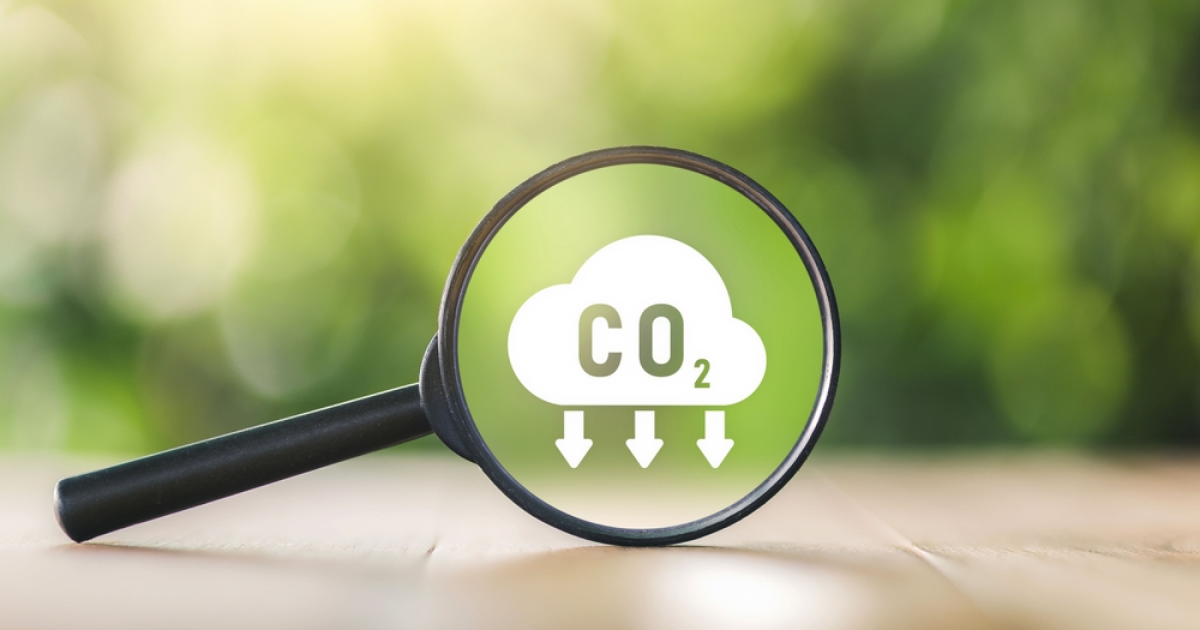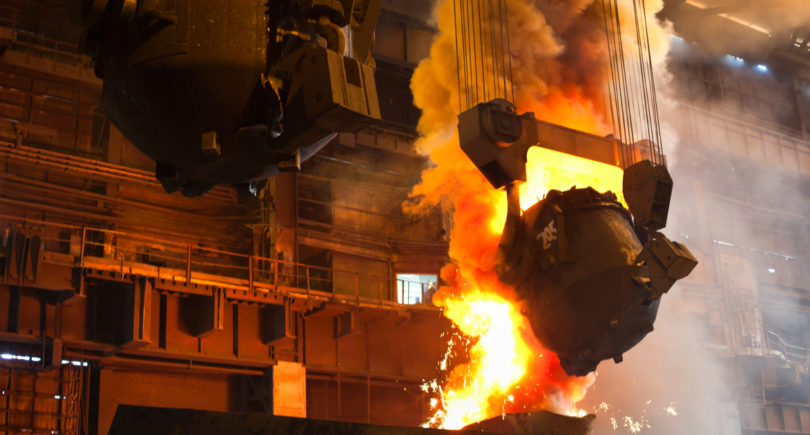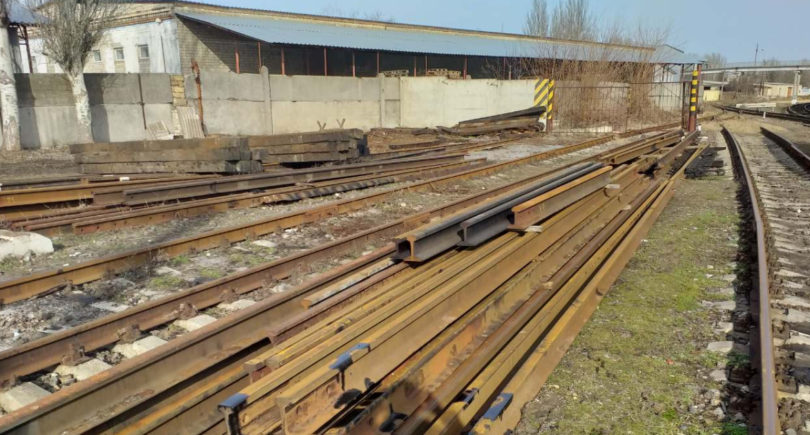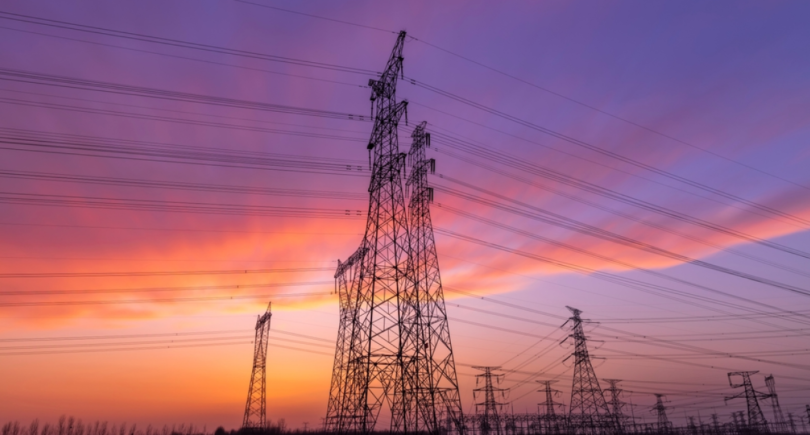
Industry representatives are also skeptical about the rapid transition to green hydrogen
German steelmakers and their medium-sized processor customers are suffering from an obligation to document their efforts to reduce carbon emissions during production. This was discussed during a specialized conference, Kallanish reports.
Bureaucratic problems are beginning to pose obstacles to business, and ESG reporting is becoming an additional burden, forcing companies to impose additional responsibilities on their staff.
In particular, Uwe Reinecke, CEO of Feralpi Stahl, notes that the requirements of such reporting are not very favorable for medium-sized companies.
Alexander Becker of GMH Group believes that it makes sense to suspend such reporting for five years. In his opinion, this can be done on a voluntary basis if, for example, clients ask for it, but not in the midst of a crisis when companies cannot afford to deal with bureaucracy.
The conference participants also noted that Germany’s technical transition to cleaner steel production is threatened by political demands that cannot be met economically.
In particular, for steel producers, the supply of green hydrogen is still too distant and uncertain to be included in future budgets. According to industry representatives, steelmakers will have to use natural gas for some time to keep their direct reduction plants running. The use of carbon capture and storage (CCS) systems can also reduce emissions.
Klaus Schaefer of the German National Hydrogen Council believes that the rules need to be relaxed to some extent so that new technologies have a chance to make progress.
As GMK Center reported earlier, Germany increased steel production by 5.2% in 2024 compared to 2023, to 37.23 million tons. Pig iron production for the year amounted to 24.33 million tons (+2.9% y/y), hot-rolled steel production – 31.61 million tons (+3% y/y). Sales of German steel distributors last year remained almost at the level of 2023.




